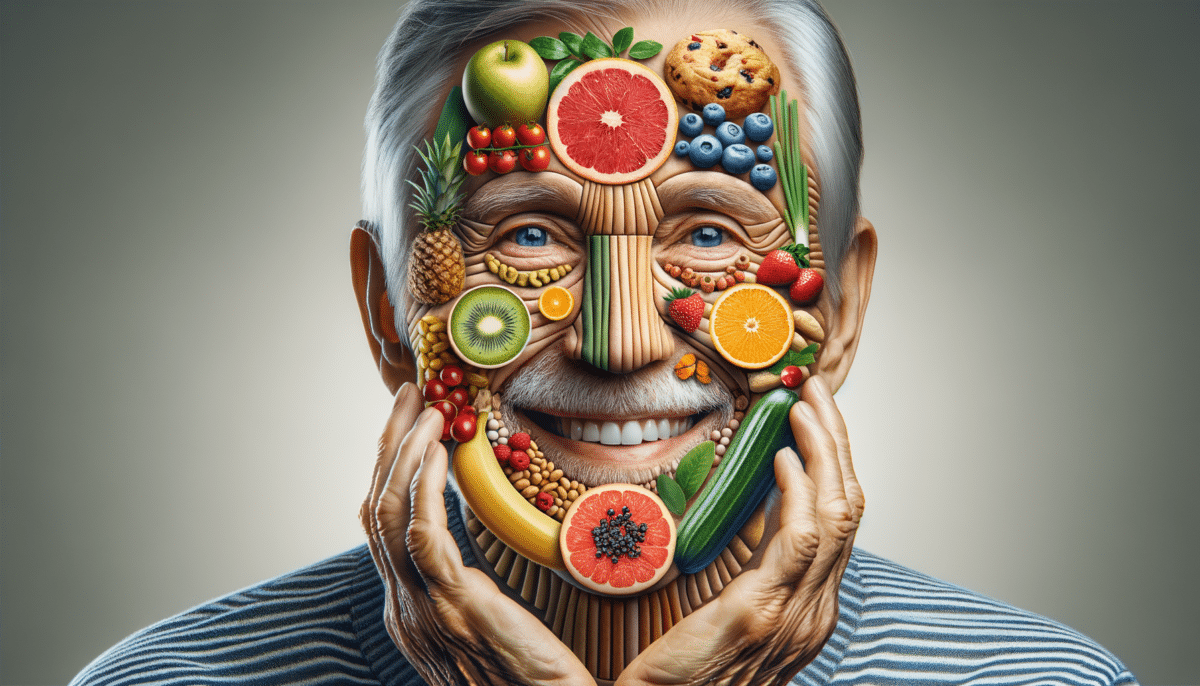Introduction to Senior Skin Health
As we age, our skin undergoes various changes, becoming thinner, less elastic, and more prone to damage. This makes maintaining skin health a significant concern for seniors. Diet plays a crucial role in supporting skin health, with specific foods offering nutrients that can help preserve skin integrity and appearance. This article delves into dietary choices that may benefit senior skin health, focusing on foods rich in antioxidants, vitamins, and minerals.
Antioxidant-Rich Foods
Antioxidants are vital in combating oxidative stress, which accelerates skin aging. Foods rich in antioxidants can help protect skin cells from damage. Berries, such as blueberries and strawberries, are packed with antioxidants like vitamin C and flavonoids. These compounds help neutralize free radicals, potentially reducing signs of aging and maintaining skin elasticity. Dark chocolate, known for its flavonoid content, can also contribute to skin health when consumed in moderation.
Including a variety of antioxidant-rich foods in the diet can enhance skin resilience. Consider adding the following to your meals:
- Dark leafy greens like spinach and kale
- Colorful fruits such as oranges and papayas
- Nuts and seeds, including almonds and sunflower seeds
These foods not only support skin health but also contribute to overall well-being.
Omega-3 Fatty Acids
Omega-3 fatty acids are known for their anti-inflammatory properties, which can benefit skin health by reducing redness and irritation. Fatty fish like salmon, mackerel, and sardines are excellent sources of omega-3s. These healthy fats help maintain skin moisture and may improve conditions such as eczema and psoriasis.
For those who prefer plant-based options, walnuts, flaxseeds, and chia seeds offer omega-3s as well. Including these foods in a balanced diet can help seniors maintain hydrated and supple skin. Additionally, omega-3 supplements are available for those who find it challenging to consume enough through diet alone.
Vitamin E and Skin Health
Vitamin E is a powerful antioxidant that supports skin health by protecting cell membranes from oxidative damage. It also helps retain skin moisture, which is crucial for seniors experiencing dryness. Nuts, seeds, and vegetable oils are rich sources of vitamin E. Incorporating almonds, hazelnuts, and sunflower seeds into daily meals can provide a healthy dose of this essential vitamin.
In addition to dietary sources, vitamin E is often included in skincare products due to its moisturizing and healing properties. However, obtaining vitamin E through diet ensures a holistic approach to skin health, benefiting the body internally and externally.
Hydration and Skin Health
Proper hydration is fundamental to maintaining healthy skin. As we age, the skin’s ability to retain moisture diminishes, making adequate fluid intake essential. Drinking sufficient water throughout the day helps keep the skin hydrated and flushes out toxins. In addition to water, consuming water-rich foods like cucumbers, watermelon, and oranges can contribute to hydration levels.
Herbal teas, such as chamomile and green tea, can also provide hydration while offering additional antioxidants. Encouraging seniors to maintain a regular hydration routine supports skin health and overall vitality.
Conclusion: Embracing Nutrient-Rich Foods for Skin Health
Maintaining skin health in seniors requires a multifaceted approach, with diet playing a pivotal role. By incorporating antioxidant-rich foods, omega-3 fatty acids, vitamin E, and proper hydration, seniors can support their skin’s health and appearance. These dietary choices not only enhance skin resilience but also contribute to overall health and well-being. Encouraging seniors to embrace these foods can lead to a more vibrant and healthier life.
